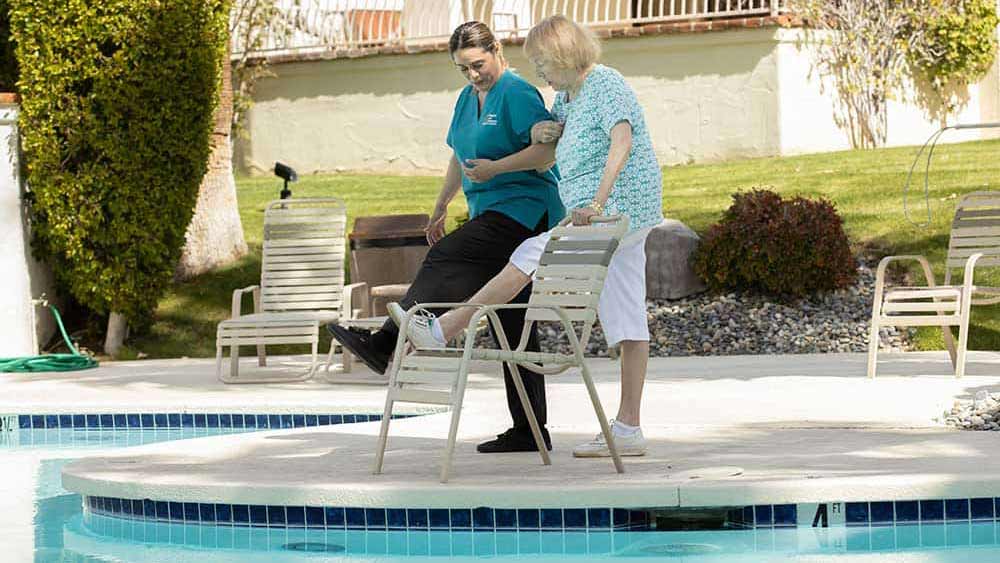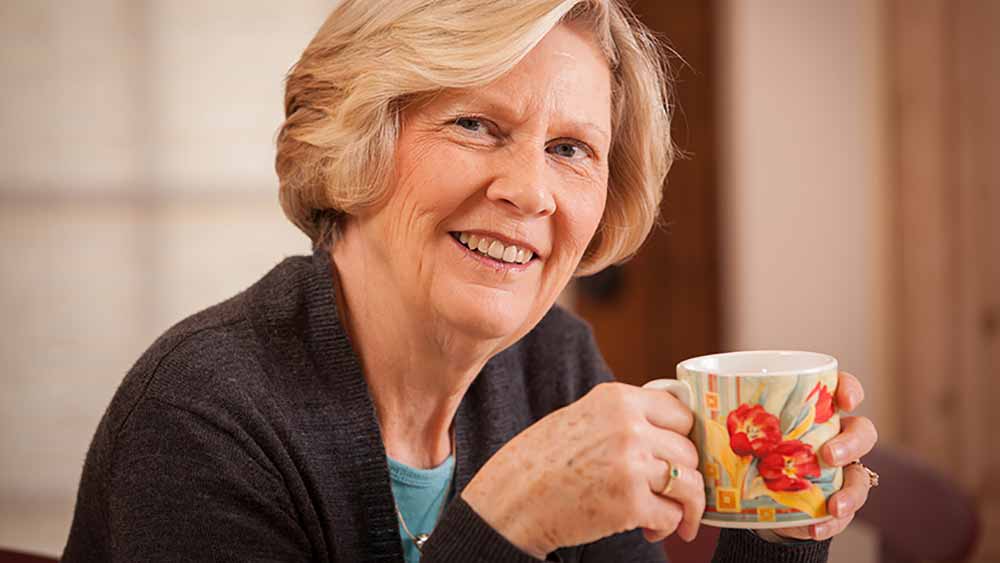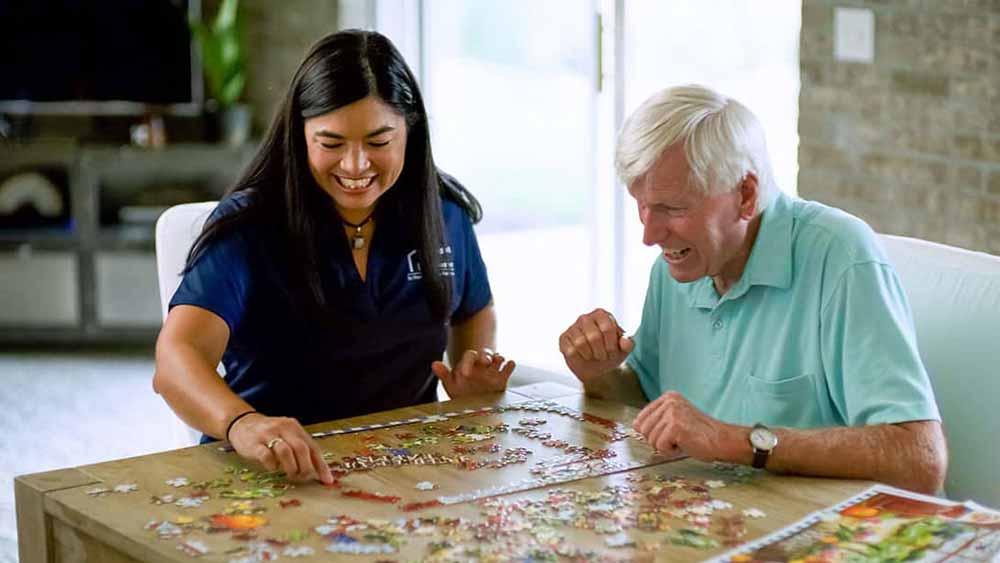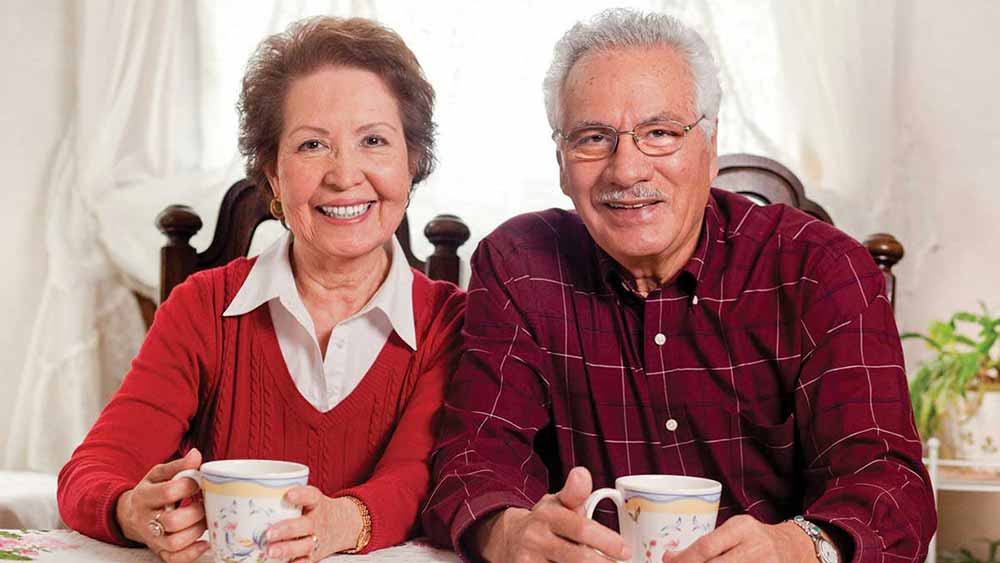

Don’t Forget Preventive Care
Most seniors have been taking health precautions these days. Handwashing, wearing a mask when advised to do so, and practicing social distancing help protect us from exposure to COVID-19.
But this is no time to lose sight of our overall health. Healthcare providers report that many patients are failing to come in for preventive care. This could put them at risk for a host of health conditions—including more serious effects from COVID-19.
Today, most healthcare facilities are ready and prepared to provide routine care. They’re following safety precautions, with frequent disinfection, distancing patients from one another, and requiring masks for patients and staff. Some are using telehealth when an in-person visit isn’t necessary. Here are preventive health steps you shouldn’t skip:
Immunizations
Some people think immunizations are just for children, but this couldn’t be further from the truth. Vaccines protect us from harmful diseases throughout life—and older adults are often at higher risk of contracting these diseases and suffering serious complications from them.
Immunizations that are currently recommended for most older adults:
- Annual flu vaccine
- Shingles
- Pneumonia (pneumococcal disease)
- Tetanus/diphtheria/pertussis
People with certain health problems, immunization histories and lifestyles may need additional vaccines. These might include the measles/mumps/rubella (MMR) shot, vaccinations for hepatitis A and hepatitis B, and for meningococcal disease. People who are planning foreign travel might need other shots, as well. Talk to your doctor well in advance of your trip.
Screenings
Screenings are tests your doctor performs to check for hidden medical conditions. Some require a physical procedure, while others are done with an interview. Don’t think of screenings as a test you need to pass. Instead, consider them as empowering information to help you protect your health.
Your doctor might recommend screenings for:
Hypertension (high blood pressure). The doctor checks your blood pressure with a special cuff that is placed around your upper arm, inflated and then deflated. Early detection of high blood pressure helps prevent heart disease, stroke, kidney problems and more.
Cholesterol. A lipid panel is a simple blood test that measures blood fats, and can tell if you need to take steps to lower your cholesterol. This can protect your heart and even your brain.
Diabetes. A simple blood test can detect elevated blood sugar that indicates a person has diabetes, or prediabetes—elevated blood sugar that can progress to diabetes.
Cancer. Several types of screening can detect cancers at an early, more treatable stage. These include screenings for:
- Colorectal cancer. A colonoscopy lets the doctor check for cancers in the large intestine. Colonoscopy is surely the test fewest of us look forward to—but it has a real silver lining because during the procedure, the doctor may be able to remove small growths that could become cancerous.
- Prostate cancer. A physical exam or blood test may be recommended for men older than 50. Many prostate cancers are slow growing; testing and treatment are decisions to be made between a man and his doctor.
- Breast cancer. Regular mammograms are recommended for women in later middle age until the age when her doctor says it is no longer necessary. This will depend on a woman’s personal and family health history.
- Skin cancer. The doctor examines the patient’s skin to look for changes in moles or other skin anomalies. Patients are advised to perform regular self-exams, as well.
- Lung cancer. Depending on a person’s smoking history and age, a special X-ray of the lungs may be recommended.
Osteoporosis. A short, painless procedure called a bone density scan determines a person’s bone mass, and whether treatment is advised to slow bone loss.
Vision problems. A dilated eye exam can reveal sight-robbing conditions that are often treatable, such as glaucoma, age-related macular degeneration and diabetic eye disease.
Your healthcare team also may recommend screenings for hearing loss, memory problems, depression, smoking or unhealthy alcohol use. They may test for tuberculosis, HIV and hepatitis as well. Oral health screenings also are important.
The next step
Once your doctor has your test results, they will share the information with you. They will recommend steps to take to manage any health problems detected. Most likely, the doctor also will recommend lifestyle changes that have a powerful preventive effect: getting enough exercise, eating a healthy diet, controlling stress and staying mentally active.
People on Medicare qualify for an annual wellness visit. Be sure to make this appointment! This is a great time to ask questions about things that concern you and to ask your doctor about recommended health screenings and immunizations. Most of these screenings and shots are free, but ask ahead of time.
In-home care supports overall senior wellness
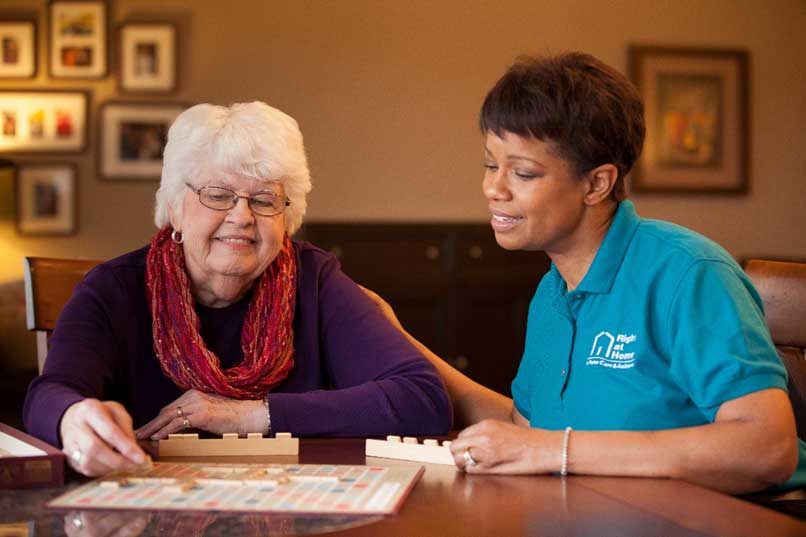
Right at Home’s professional in-home caregivers support the well-being of senior clients in so many ways. They work with family and healthcare providers to coordinate healthcare appointments. They provide transportation and accompany clients to appointments. They encourage clients to follow the doctor’s recommendations about diet, exercise and taking medications. These days and always, in-home care is a powerful resource for senior wellness.
Right at Home care experts work with families to help senior loved ones follow the doctor’s health recommendations. Find your local Right at Home (www.rightathome.net) and ask for a care consultation today.
The information in this article is not meant to replace the advice of your healthcare provider. Contact your doctor’s office about the screenings and immunizations that are right for you, and about how you can receive healthcare safely at this time.





